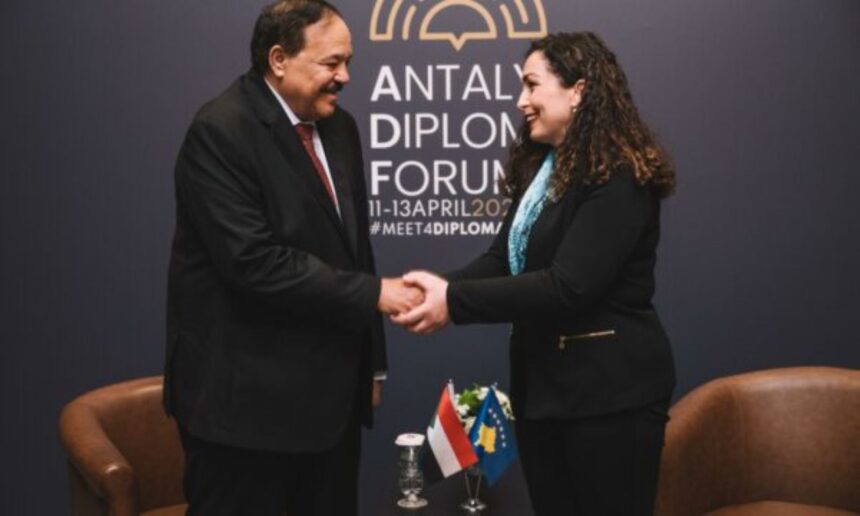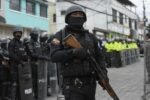On April 12, the President of Kosovo, Vjosa Osmani, announced that Sudan had officially recognized Kosovo’s independence, making it the 119th country to do so. The announcement was met with immediate backlash from Serbia, which not only questioned the legitimacy of the recognition but also challenged the authority of the Sudanese government that issued it. Unlike previous objections based solely on UN Resolution 1244, this time Serbia pointed to Sudan’s internal conflict as a reason to discredit the recognition.
Sudan has been gripped by a brutal civil war for the past two years, described by the United Nations as the worst hunger crisis in the world. Tens of thousands have died, and over 13 million people have been displaced. The conflict is a power struggle between Sudanese military leader Abdel Fattah al-Burhan and his former deputy, Mohamed Hamdan Dagalo, who now leads the Rapid Support Forces (RSF).
President Osmani secured Sudan’s recognition during a meeting with Sudan’s Foreign Minister, Ali Yousif Ahmed Al Sharif, a member of the government led by Al-Burhan. Shortly after, the RSF announced the creation of a rival government, with Dagalo declaring a 15-member “presidential council” to govern regions under RSF control. The move was condemned by the UN and the United States, who stressed the importance of preserving Sudan’s unity and sovereignty.
In response, Serbia’s Ministry of Foreign Affairs publicly questioned whether the Sudanese government had the legitimacy to issue diplomatic recognitions amid civil war. But Kosovo’s Ministry of Foreign Affairs and Diaspora (MPJD) rejected this, arguing that Sudan’s foreign minister continues to fulfill international duties, including a recent meeting with Russian Foreign Minister Sergey Lavrov.
The MPJD also stated that Serbia’s attempt to discredit Sudan’s decision represents a violation of the Brussels Agreement, which obliges both parties to develop normal and neighborly relations. It emphasized that Serbia’s behavior was not only a diplomatic offense toward Sudan, but also a breach of international legal principles.
Since Kosovo’s independence in 2008, Serbia has regularly invoked UN Resolution 1244 to dispute recognitions. However, in 2010, the International Court of Justice ruled that Kosovo’s independence does not violate international law. Despite this, Serbia has continued to campaign against Kosovo’s international recognition, directly conflicting with the spirit of the Brussels Agreement.
The recognition by Sudan follows that of Kenya in March, which prompted similar objections from Serbia. Kosovo again responded by accusing Serbia of undermining regional agreements and international law.
According to international expert Gëzim Visoka, Professor of Peace and Conflict Studies at Dublin City University, these latest recognitions could mark a turning point in Kosovo’s diplomacy. He noted that “the recognition by Kenya – and now Sudan – is a valuable opportunity for Kosovo to revitalize its international efforts and work toward completing its path to full global recognition.







